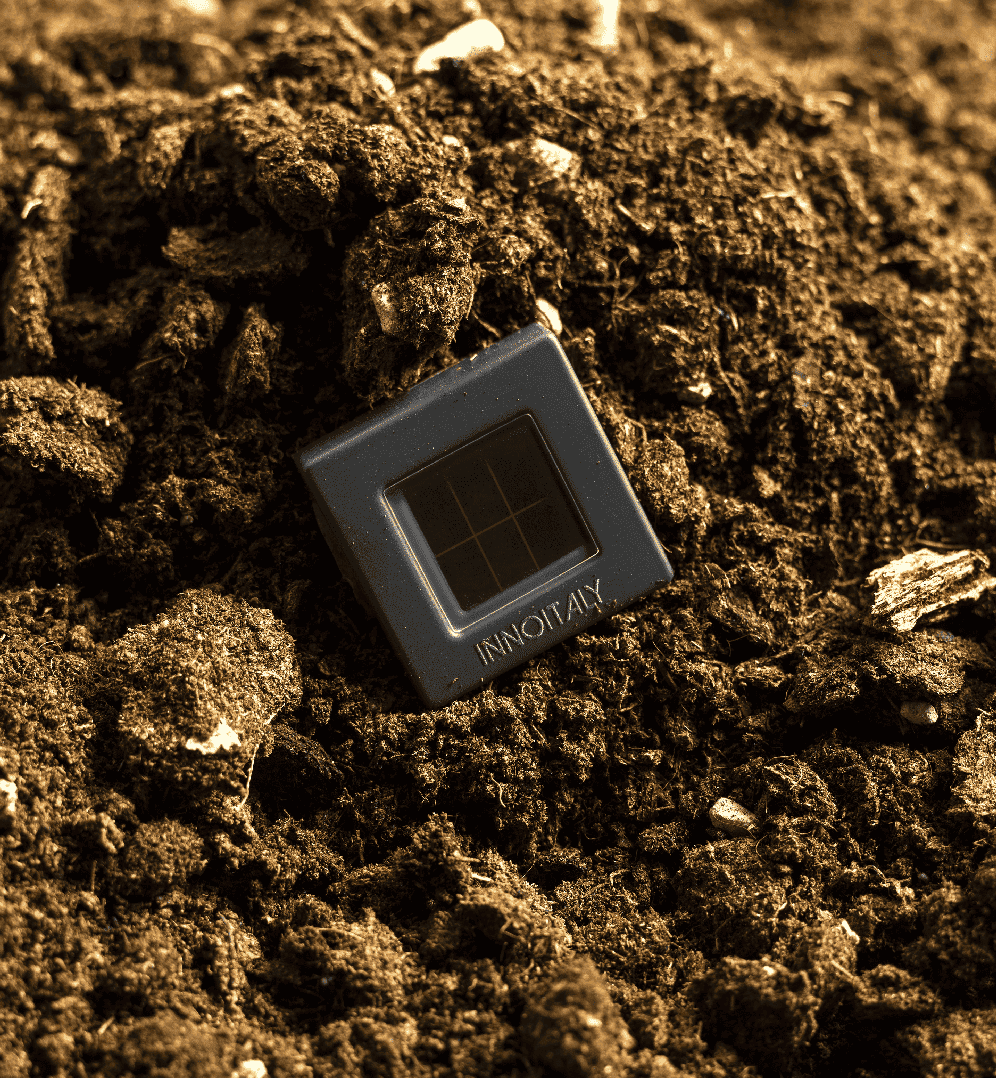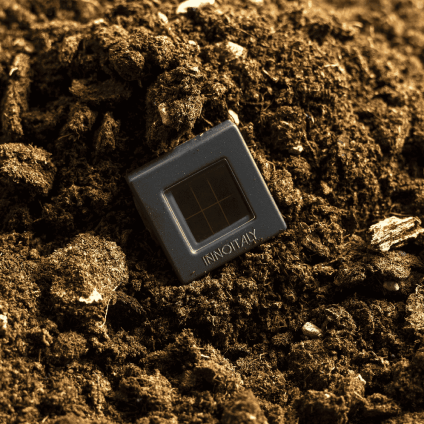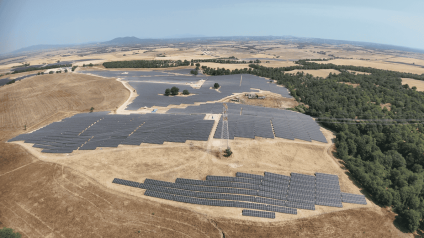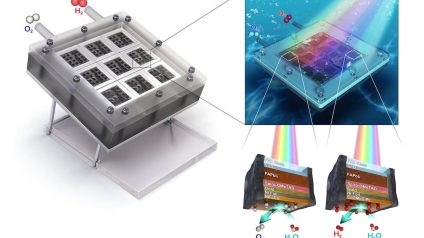
Battery-free sensors recharge using energy from soil bacteria
A highly innovative sensor recharges using energy produced by soil bacteria—generating up to 1 watt of power from one cubic meter of soil.
Battery-free sensors, operating at zero energy consumption without batteries, recharge using energy from soil bacteria. Startup Innoitaly has developed a sensor that collects and transmits data without needing conventional battery power. Its founders (Michele Carlet, Davide Brunelli, Roberto La Rosa, Roberto Santolamazza and Carlo Sam) designed a device capable of drawing the energy it needs directly from its environment in multiple ways.
Battery-free sensors: harnessing soil energy to recharge
“The most revolutionary method is using microbial fuel cells to capture energy from the bacteria in the soil. This product will be among the first of its kind on the market, thanks to collaboration with researchers from the University of Trento and the biology department at the University Federico II of Naples,” explains marketing director Carlo Sam. These tiny sensors, measuring 2.5 × 2.5 × 2 centimeters, can operate with just one decimeter cubed of soil—while one cubic meter can generate 1 watt of electrical power, enough to run an energy-efficient lamp.
Small sensor, big impact in agritech
Despite their small size, these devices could revolutionize agritech. Innoitaly is exploring a partnership with an apple producer to power a compact camera that snaps a photo every minute to identify insects on plants. Instead of transmitting high-resolution images to the cloud—a process that consumes significant energy—a built-in AI device sends only essential information about the insect species. This low-energy operation, powered directly by the soil, allows the sensors to remain in the field for years without energy supply concerns.
Beyond agriculture
Sensors are now ubiquitous, with applications expanding wherever data is needed. Innoitaly’s sensor can monitor industrial machinery to predict failures and schedule maintenance, be deployed to track potential avalanche zones in winter or forest fire risks in summer, and monitor areas prone to geological instability. Thanks to their energy autonomy, these sensors can operate continuously without the need for battery replacements.
Battery-free sensors for waste management monitoring
Another promising application is urban waste management. In large cities, garbage trucks often empty bins without knowing if they are full. Battery-free sensors can direct collection trucks only to full bins, reducing energy waste and operational costs. Innoitaly emphasizes that their solution not only adapts to various applications but also significantly cuts down on the recurring maintenance costs that typically increase with more sensors deployed.
Innovative solar panels for enhanced sustainability
In addition, Innoitaly has developed mini and micro solar panels made from flexible PET—the polymer used in plastic bottles—instead of traditional glass and silicon panels. These panels feature a flexible PET base printed with an organic material that generates electricity. “This solution allows the panels to be recycled along with plastic at the end of their life quickly and sustainably. However, this is just the start, and we are working on producing 100% organic solar panels and other electronic components,” the team explains.












